Ex-USSR leader Gorbachev: World on brink of new Cold War
- Published
Former Soviet President Mikhail Gorbachev "The world is on the brink of a new Cold War"
The world is on the brink of a new Cold War, and trust should be restored by dialogue with Russia, former Soviet leader Mikhail Gorbachev has said.
At an event to mark the 25th anniversary of the fall of the Berlin Wall on Sunday, Mr Gorbachev said the West had "succumbed to triumphalism".
He expressed alarm about recent Middle Eastern and European conflicts.
Tensions have been raised between the West and Russia over Ukraine, which was part of the Soviet Union.
More than 4,000 people have died in fighting between Ukrainian forces and pro-Russian separatists, who seized control in the eastern regions of Donetsk and Luhansk in April.
A fragile ceasefire has been in place since September, but elections in rebel-held areas last weekend have prompted fears of a return to full-scale conflict.

Analysis: BBC's Rob Broomby
Whether motivated by weakness or strength, Mikhail Gorbachev shares credit for bringing a peaceful end to the Cold War. So his warning that present tensions - not least over Ukraine - threaten a new Cold War, will get a hearing. Some Western commentators might even agree but the questions remain, is he right and who's to blame?
Well, Russia appears increasingly prepared to cast itself as a rival rather than a partner but tension is still nowhere near what it was during the hottest phases of the Cold War, such as the Cuban missile crisis or the building of the Berlin Wall.
From the Russian perspective, Nato has advanced in recent years almost to its borders. One by one nations once in its orbit have fallen into the Western camp, often joining the EU and Nato.
But Russia has shown it is prepared to use military muscle to achieve its ends, first in Crimea then in eastern Ukraine. The West and Russia accuse each other of old thinking - of spheres of influence and hegemony. A cold war it may not yet be, but relations are clearly worsening.

The BBC examines the rise and fall of the Berlin Wall, in 60 seconds
Western 'triumphalism'
Mr Gorbachev, 83, was attending an event at Berlin's Brandenburg Gate.
The landmark was inaccessible during the Partition of Germany, and is seen as a symbol of the country's reunification.
"Bloodshed in Europe and the Middle East against the backdrop of a breakdown in dialogue between the major powers is of enormous concern," he said.
"The world is on the brink of a new Cold War. Some are even saying that it's already begun."
He said that the West, in particular the US, had succumbed to "triumphalism" after the collapse of the USSR in 1991.
For this reason the global powers had been unable to cope with conflicts in Yugoslavia, the Middle East and now Ukraine, he added.
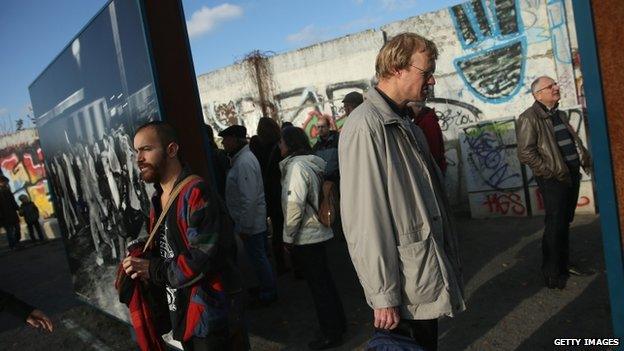
The Wall's fall is a powerful symbol of the 1989 revolutions in Eastern Europe
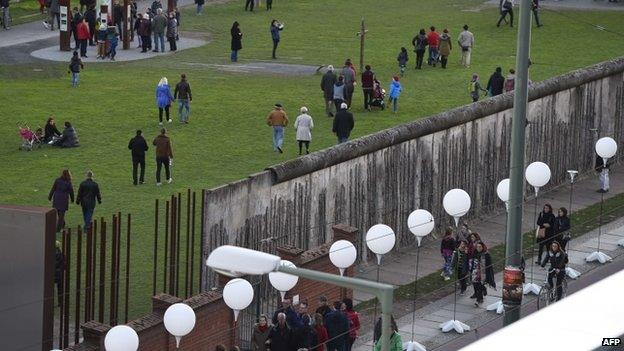
White balloons follow the course of the Wall as part of the anniversary celebrations
The former Soviet leader urged the West to lift sanctions on Russian officials - imposed over the annexation of Crimea and Moscow's alleged involvement in the Ukraine conflict - and restore trust through dialogue with the Kremlin.
Mr Gorbachev, as leader of the USSR in the late 1980s, is credited with rapprochement with the West and creating a more liberal atmosphere which led to the collapse of communist regimes in Eastern Europe in 1989.
On 9 November of that year East Germany opened its borders including the Wall, which separated East and West Berlin.
Its collapse led to a mood of euphoria, as many East Germans got their first glimpses of the West.
Hundreds are now arriving in the German capital to celebrate Sunday's anniversary.
Festivities will include a rock concert and fireworks at the Brandenburg Gate. Other participants include German Chancellor Angela Merkel and former Polish president Lech Walesa.
- Published7 November 2014
.jpg)
- Published3 November 2014
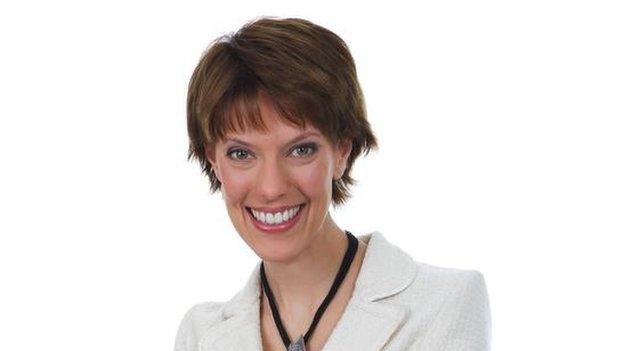
- Published30 October 2014
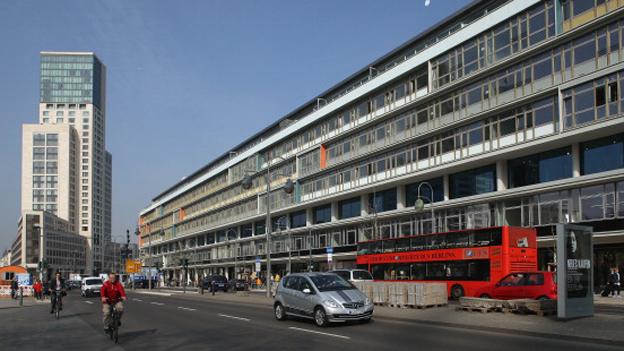
- Published15 October 2014
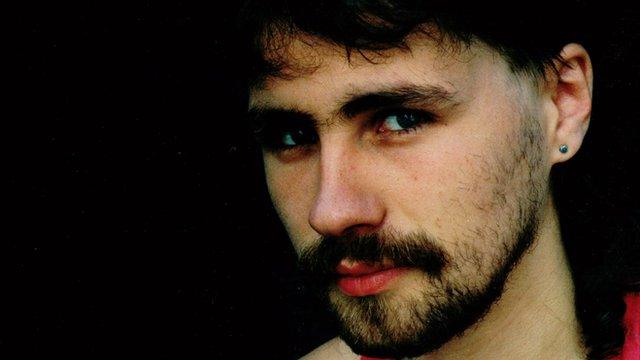
- Published15 March 2018